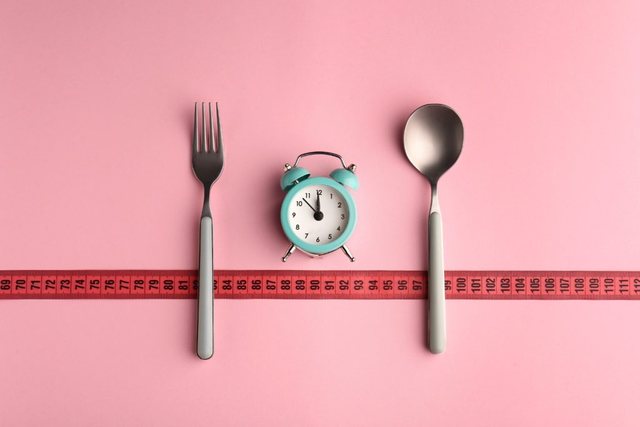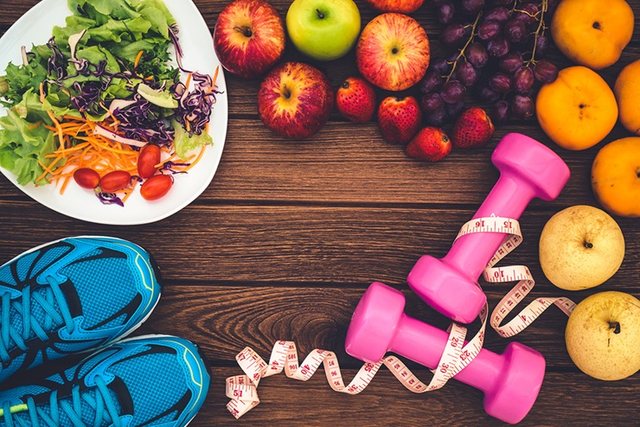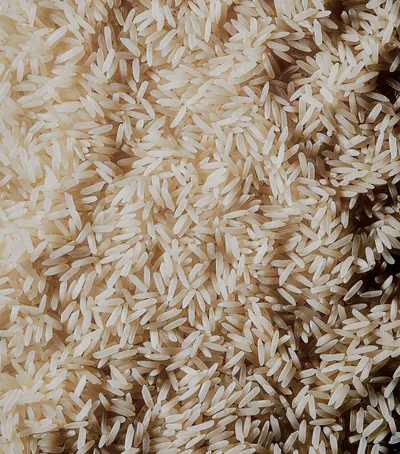
The classic rule "three meals a day" can not be as old as you think. Studies show that eating six small meals a day can lead to fatigue. However, this style of feeding can function differently in different people.

Make a realistic plan
"These guidelines will help you determine the best weight loss practice for your body type," Dr. Dara Bushman, clinical psychologist. "Weight loss happens when a plan is realistic about one's lifestyle and needs. If you work 12 hours a day, it's not realistic to eat every two hours," she says. Also, be intent on your plan and write down what you want to happen. "See yourself how you've already lost weight, how you look and feel. Be as descriptive as possible." You are the best body spokesperson to determine how often you should eat. Only you can feel the hunger strike. The best option of losing weight for you is what is easier and it will last longer.

Do not focus on your body but on your own habits
Loss of weight reduces the total energy consumption. Consider this: if you eat less calories than you burn, your body will gain a calcium gap. This means that by burning the stored fat reserves, you lose weight. Planning ahead is one of the essential parts to do your work on the diet. So, understand once and for all! The amount of meals you have to consume to weaken is depending on your bodily needs and physical activity.





